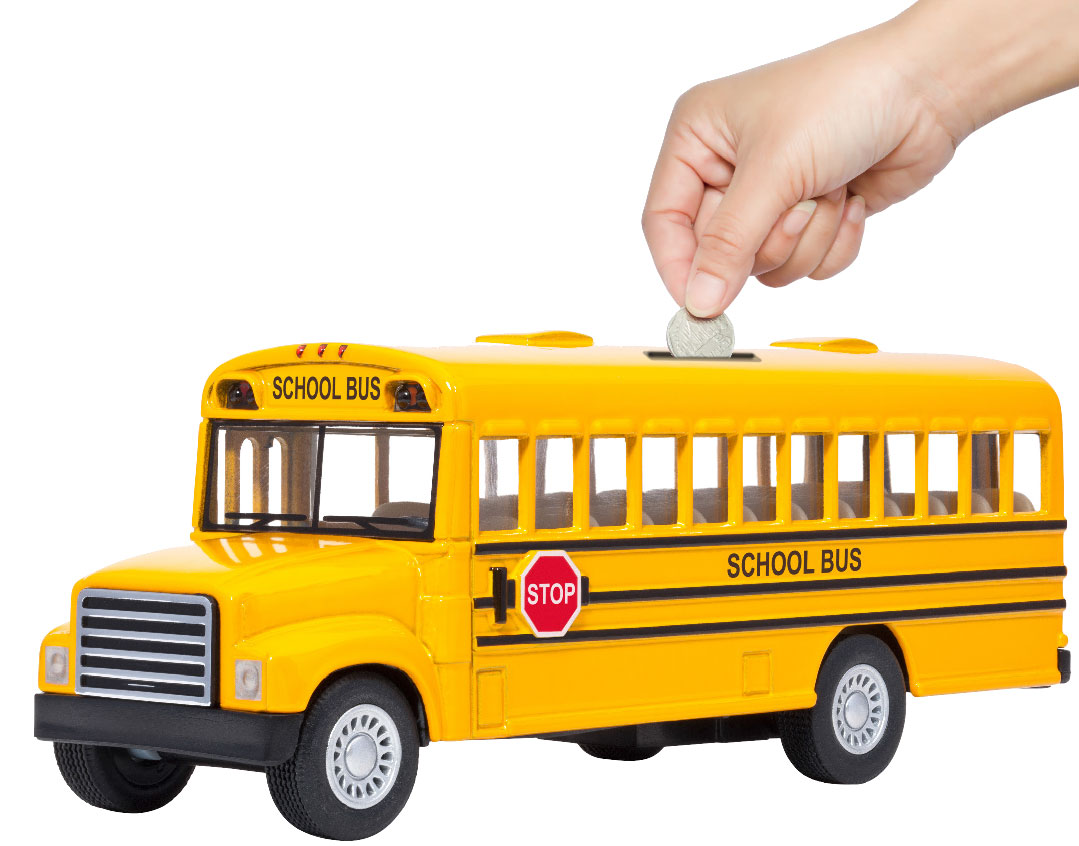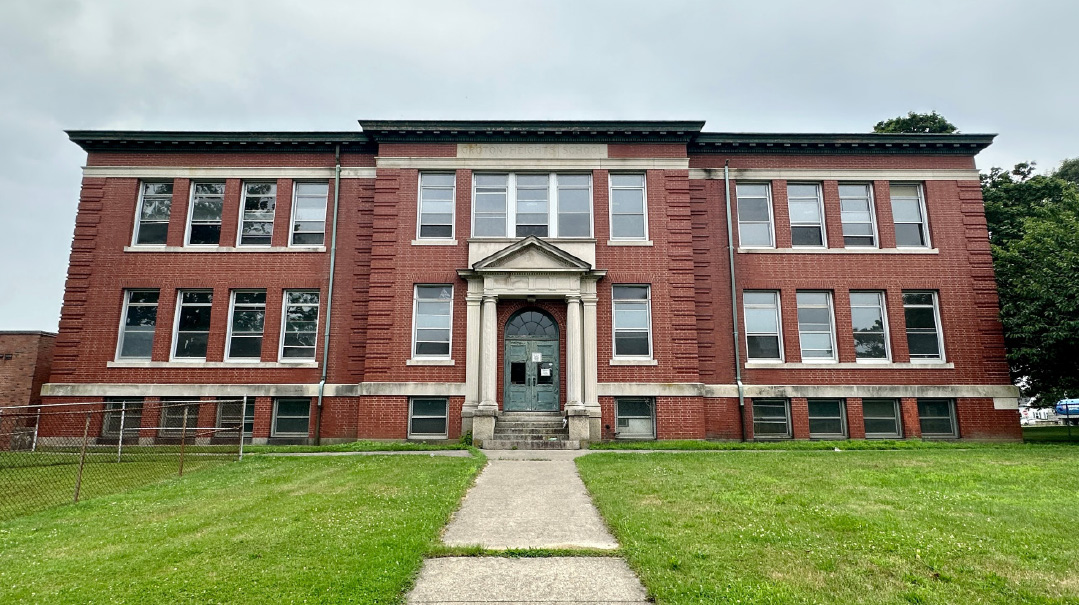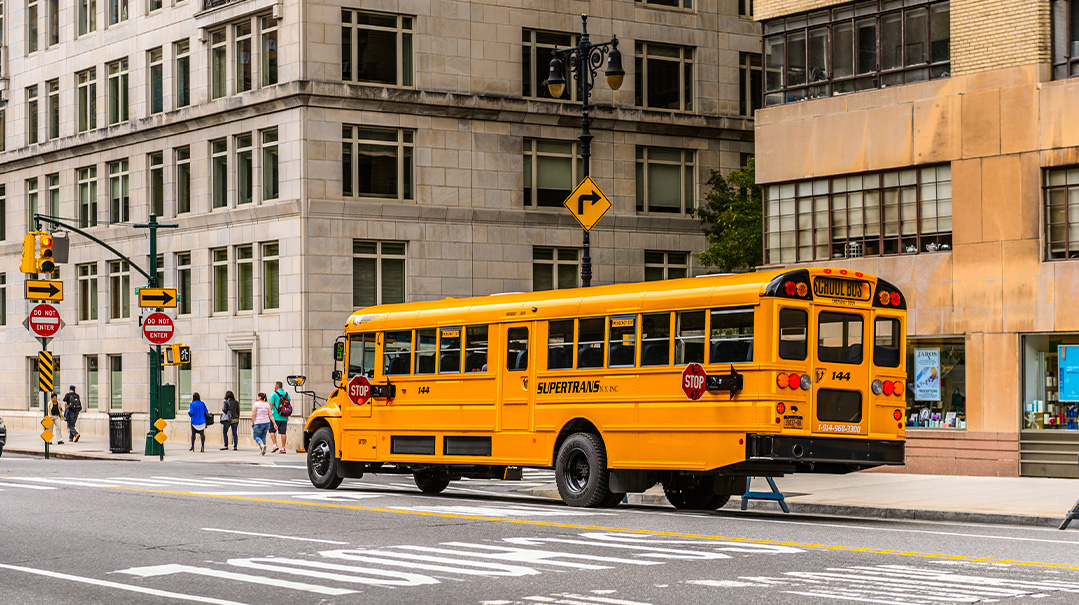Bold Billions for Private Schools


Speak to the average frum parent about his financial drains, and tuition bills probably top the list. But he is a dreamer.
Speak to the average Catholic school administrator, and the worry that his school may join the hundreds of others that have closed in recent years weighs heavily. But he is a dreamer.
Speak to an African-American mom living in the inner cities, and the desire to send her child to a private school that teaches better, not the drab one where the government wants him to study, is an ardent wish. She, too, is but a dreamer.
That nightmare may be about to end. Potentially. If a series of ever-steeper bumps can be smoothed over.
Years of talking about relief for private schools condensed Thursday into legislation proposed by the Trump administration to pump a whopping $5 billion a year into education, the vast majority of which is expected to go to private schools. The money will give donors to scholarship funds a dollar-for-dollar credit on their federal tax bills.
This means that if a person with a $60,000 tax bill donates $25,000 to a fund set up by Torah Umesorah, for example, his tax bill goes down to $35,000.
“I believe every student in America deserves the opportunity to pursue the education that best meets his or her needs,” Education Secretary Betsy DeVos said at a press conference in Washington where she unveiled the potentially historic plan. “No student should feel stuck in a school that just isn’t working for them, or feel hopeless because they live on the ‘wrong’ side of town.”
DeVos’s address was preceded by several students who received school vouchers, who extolled the superior education they received, saying it changed their lives.
President Donald Trump has been calling for school choice since his 2016 election campaign. DeVos, his choice to lead the Education Department, promised to fulfill that campaign vow, something that was realized when she announced the Education Freedom Scholarships. This is likely the first bill to provide the nation’s many private schools with federal monetary help. It will be sponsored in the Senate by Ted Cruz of Texas and in the House by Bradley Byrne of Alabama.
So what could go wrong?
The bill faces an uphill battle on several fronts.
The most significant hurdle is the House, which switched to Democratic control two months ago. They’ve already pronounced it “dead on arrival,” in the words of Sen. Patty Murray, the top Democrat on the Senate Education Committee, since it takes money away from public education. Rep. Bobby Scott, chairman of the House Education Committee, said Democrats “will not waste time on proposals that undermine public education.”
DeVos dismissed that argument, noting that this is $5 billion in new funding. She added that any taxpayer-paid education is inherently a public education. “Anyone who writes that story,” Cruz said of the House Democrats’ bluster, “is not overly concerned with truth.”
A second bump is Trump’s conservative base, which wants to shut down the Education Department, not make it more relevant by $5 billion a year.
“It would grow, rather than reduce, federal intervention in education,” the Heritage Foundation said in a statement. “It would be better for the Education Department to keep highlighting the great advances that states have made in school choice.”
A third problem, at least from an Orthodox Jewish perspective, is that most states where frum Jews live and send children to yeshivah are under total Democratic control, including New York, New Jersey, and California.
The bill would allow the governor or the head of the state education department to access the money without requiring approval by lawmakers. This may help yeshivos in New York, where Gov. Andrew Cuomo has said in the past that a form of an education tax credit for private schools was an issue of “justice.” But he has not followed through, citing the legislature’s opposition to private schools. He did not even include the credit in his annual budget these past few years. It is unclear whether Cuomo will allow access to the money if the bill passes.
The program would be voluntary for states, but DeVos said she fully expects states to take it, if only because this money would go to other states if refused. The fund could be used for tutoring in public schools, apprenticeships, private and home schooling, special ed, transportation, and summer programs.
Agudath Israel of America was closely involved in helping craft the legislation, and Rabbi Abba Cohen, the group’s vice president of government affairs, was one of the invited guests at the Washington event.
With details still murky, Agudah was scheduled to hold a webinar this past Tuesday to discuss what the legislation could mean for the community.
- D. Motzen, Agudah’s national director of state relations, said that 18 states already offer some kind of tuition aid. This new fund, he said, would add to that.
“Offering a federal incentive and allowing scholarships to be used for a broad range of educational expenses,” Rabbi Motzen said, “is exactly what is needed to encourage all states to opt in to this major investment in education.”
(Originally featured in Mishpacha, Issue 751)
Oops! We could not locate your form.













